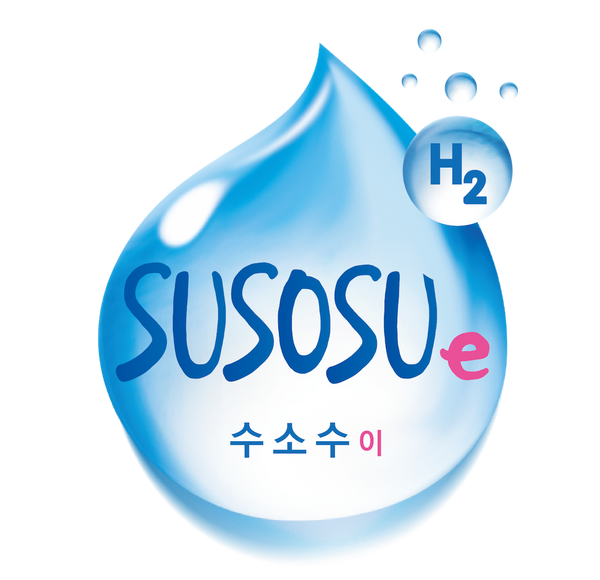
Debunking Common Myths About Hydrogen Water
Share
In recent years, hydrogen water has gained significant attention for its purported health benefits, ranging from boosting energy levels to supporting antioxidant activity. Along with its rise in popularity, various myths and misconceptions have emerged, leading to confusion among consumers. We aim to debunk some of the most common myths surrounding hydrogen water, providing clarity and understanding.
Myth 1: Hydrogen Water Is Just Another Fad
One prevalent myth about hydrogen water is that it's merely a passing trend in the wellness industry. However, scientific research has shown that molecular hydrogen, the active component in hydrogen water, possesses potent antioxidant and anti-inflammatory properties. These properties have been linked to various health benefits, including improved athletic performance, enhanced recovery, and reduced oxidative stress. With a growing body of evidence supporting its efficacy, hydrogen water is far from being just a fleeting fad.
Myth 2: Hydrogen Water Has No Scientific Basis
Another misconception is that there is insufficient scientific evidence to support the claims surrounding hydrogen water. While it's true that the research on hydrogen water is still evolving, numerous studies have demonstrated its potential health benefits. Research published in reputable scientific journals has shown that molecular hydrogen can effectively neutralize harmful free radicals in the body, reduce inflammation, and improve cellular function. Additionally, clinical trials have provided valuable insights into the therapeutic effects of hydrogen water, further validating its scientific basis.
Myth 3: All Hydrogen Water Generators Are Equal
There's a common belief that all hydrogen water generators produce the same quality of hydrogen-infused water. However, the reality is that not all generators are created equal. The effectiveness of a hydrogen water generator depends on various factors, including the quality of materials used, the efficiency of the electrolysis process, and the concentration of molecular hydrogen produced. Consumers should research different generator models and choose reputable brands known for their quality and reliability.
Myth 4: Hydrogen Water Is Unsafe to Drink
Some individuals express concerns about the safety of hydrogen water, fearing potential side effects or adverse reactions. However, hydrogen water is generally recognized as safe for consumption, with no reported harmful effects when consumed in moderation. It's essential to note that hydrogen water is simply water infused with molecular hydrogen gas, a naturally occurring molecule found in many foods and beverages. As with any dietary supplement, it's essential to follow recommended guidelines and consult with a healthcare professional if you have any underlying health conditions.
Myth 5: Hydrogen Water Is Expensive and Inaccessible
One common misconception is that hydrogen water is prohibitively expensive and challenging to obtain. While it's true that some brands may market their products at higher price points, there are affordable options available, including bottled hydrogen water and hydrogen water tablets. Additionally, advancements in technology have made hydrogen water generators more accessible to consumers, allowing them to produce hydrogen-infused water in the comfort of their homes. With a growing demand for hydrogen water, prices are becoming more competitive, making it an increasingly viable option for health-conscious individuals.
Conclusion
In conclusion, hydrogen water holds promise as a potent wellness solution, with emerging research supporting its various health benefits. By debunking common myths and misconceptions surrounding hydrogen water, we hope to provide clarity and reassurance to consumers interested in exploring this innovative hydration option. As with any dietary supplement, it's essential to approach hydrogen water with an open mind and a commitment to informed decision-making. With the right knowledge and understanding, you can reap the potential rewards of hydrogen water and embark on a journey to improved health and well-being.
